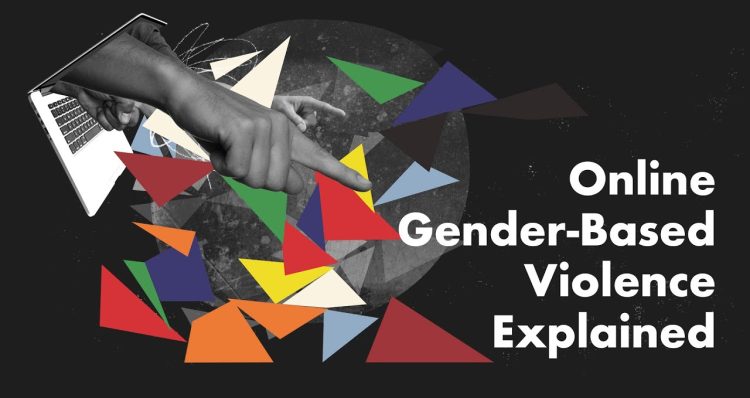
AI and Gender-Based Violence: Navigating the Intersection
Dubai | August 31, 2024 | 0 | newsAs we stand on the brink of the “fourth industrial revolution,” the rise of artificial intelligence (AI) and machine learning promises significant advancements in productivity and efficiency across various sectors. The Ministry of Information Technology and Telecommunication’s draft National Artificial Intelligence Policy reflects these ambitions but barely addresses the crucial aspect of ethical AI use, particularly concerning gender-based violence (GBV).
The Dual Nature of AI: Benefits and Risks
AI encompasses technologies that enable computers to simulate human learning, problem-solving, and creativity. Tools like machine learning and deep learning analyze data to generate predictions and human-like responses. While AI applications such as ChatGPT enhance business efficiency and creative projects, they also introduce risks.
One major concern is deepfake technology, which creates realistic yet fake images and videos. The misuse of deepfakes—especially in creating explicit content—has targeted women disproportionately. Studies reveal that 98% of deepfake videos are pornographic, with 99% aimed at women or girls. Such technology facilitates various forms of technology-facilitated gender-based violence (TFGBV), including image-based abuse, blackmail, misinformation, impersonation, cyberstalking, and threats.
The Global Response to AI and GBV
Globally, AI regulation is evolving to address these risks. The EU Artificial Intelligence Act, 2024, emphasizes protecting fundamental rights, banning biometric surveillance and requiring transparency for deepfake content. UNESCO’s Recommendations on AI Ethics and the US Blueprint for an AI Bill of Rights also prioritize human rights in AI governance.
In Pakistan, the National AI Policy acknowledges the dangers of AI-generated fake content and plans for the AI Regulatory Directorate (ARD) to tackle disinformation and privacy breaches. However, existing mechanisms, like the Cybercrime Wing of the FIA, have struggled with enforcing laws related to electronic crimes and TFGBV effectively.
Moving Forward
To address AI-related GBV effectively, Pakistan’s AI regulation must ensure robust enforcement and adhere to high ethical standards. Blocking information or internet traffic is not a viable solution. The state must create effective regulatory frameworks to protect users’ rights and combat AI-enabled abuses.


